Unit 1 Test 1 Philosophy
1/88
Earn XP
Description and Tags
Quiz Up to Q-Card 41 then Extended
Name | Mastery | Learn | Test | Matching | Spaced |
|---|
No study sessions yet.
89 Terms
Platitude
A flat remark. It’s a statement that is uninteresting because we all already know and agree with it.
Falsification
To prove a claim false
To insert a falsehood into something.
Plausible
Likely true.
Implausible
Likely not true.
Implicit
Under the surface or implied.
Defensible
Has the ability to defend it and respond to possible questions.
Empirical
Evidence of the senses. RELATED TO THE SENSES.
Radical Relativism
A person’s belief is true if and only if the person sincerely holds the belief.
Cultural Relativism
A person’s belief is true if and only if the majority of the person’s culture holds the belief.
Conformity Theory of Truth
A person’s belief is true if and only if it conforms to reality, in contrast a person’s belief is false if and only if it fails to conform to reality.
Argument
A premise or premises given in support of the truth of a conclusion.
Premise
A claim or assertion that serves as a ground upon which one tries to secure the truth of a conclusion.
Conclusion
A claim or assertion whose truth one hopes to demonstrate via recourse to premise; it is that for the sake of which one is arguing.
Valid Argument
The conclusion MUST follow from the premises in a logical structure.
Invalid Arguments
If the conclusion DOES NOT follow the premises or does not relate at all.
Sound Argument
A VALID argument with true premises - thus the conclusion MUST be true.
Unsound Argument
An INVALID argument with true premises or an INVALID or VALID argument with one or more false premises.
Deductive Argument
An argument to follows the premises without any need for assumption. There is no room for error/inference.
Inductive Argument
An argument where the premises are likely but not certain. Making the conclusion likely.
Inductive Generalization Base
On probability and the person’s past experiences.
Abductive Reasoning
Inference to best explanation. This is when you take a data set and make an assumption.
Ad Hominem
To attack a person’s character rather then the actual belief that is being held.
Appeal to Majority
The attempt to prove that a belief is true just because the majority accepts it.
Begging the Question
Circular thinking. To uses the conclusion as a premise and has not real premises.
Confusing correlation with causation
To attempt to show that X causes Y just because X is correlated with Y
Appeal to Authority
The attempt to show that some position is true because so authority believes it is true.
Appeal to Disagreement
The attempt to show that disagreement about some matter entails that there is not truth to the matter or that investigation into the truth is futile. DOES NOT FOLLOW FROM DISAGREEMENT SO THERE IS NOT TRUTH OR WE COULD NOT FIND THE TRUTH. Because there is any debate about it there might as well not talk about it.
Appeal to Offense
The attempt show show that a belief is false because it causes great offense to a person or group.
Genetic Fallacy
To try to show that the belief is false because of its origins or that premises because of the same thing.
Straw Man
To simplify or find a similar belief and attack this one and proving that one false.
False Dichotomy
An attempt show that there are only 2 option and one is so bad that we could only agree with one. There could be more options
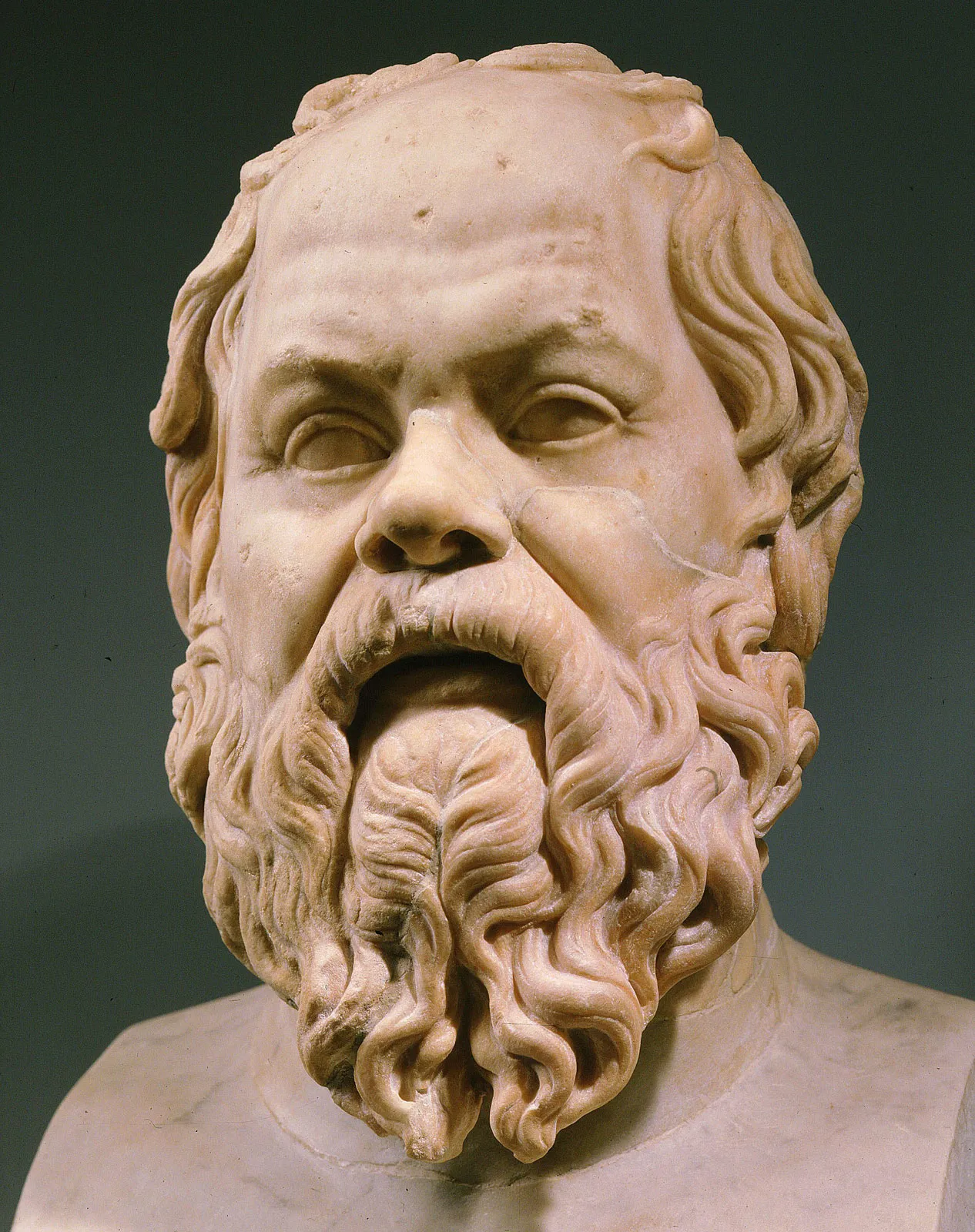
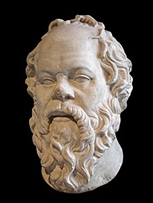
Socrates
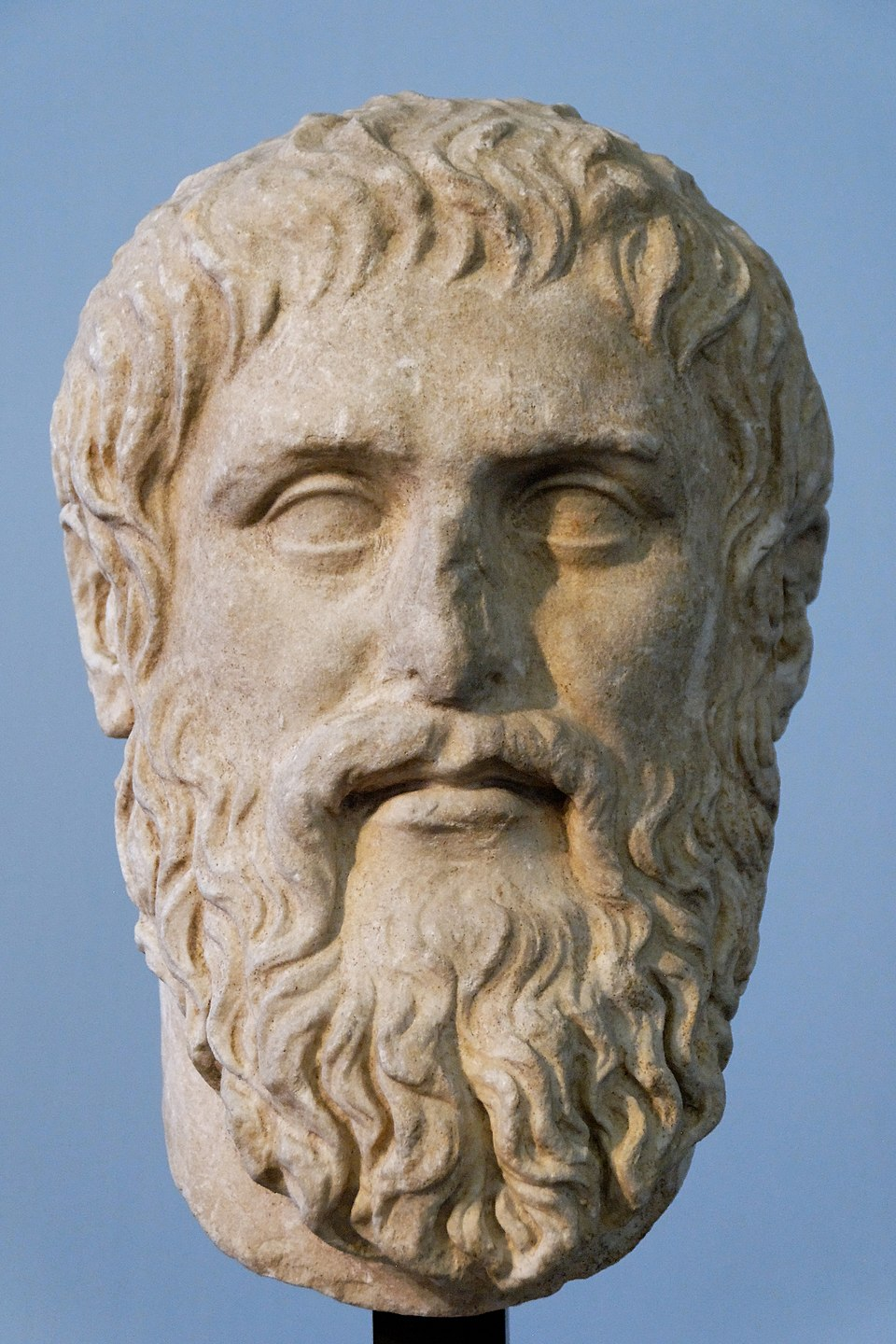
Plato


St. Thomas Aquinas
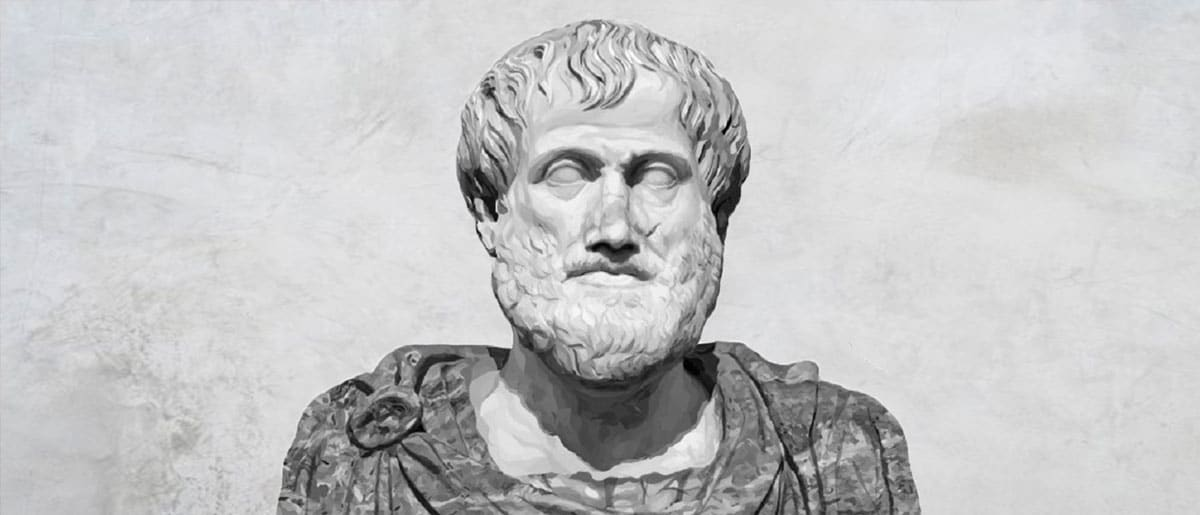
Aristotle
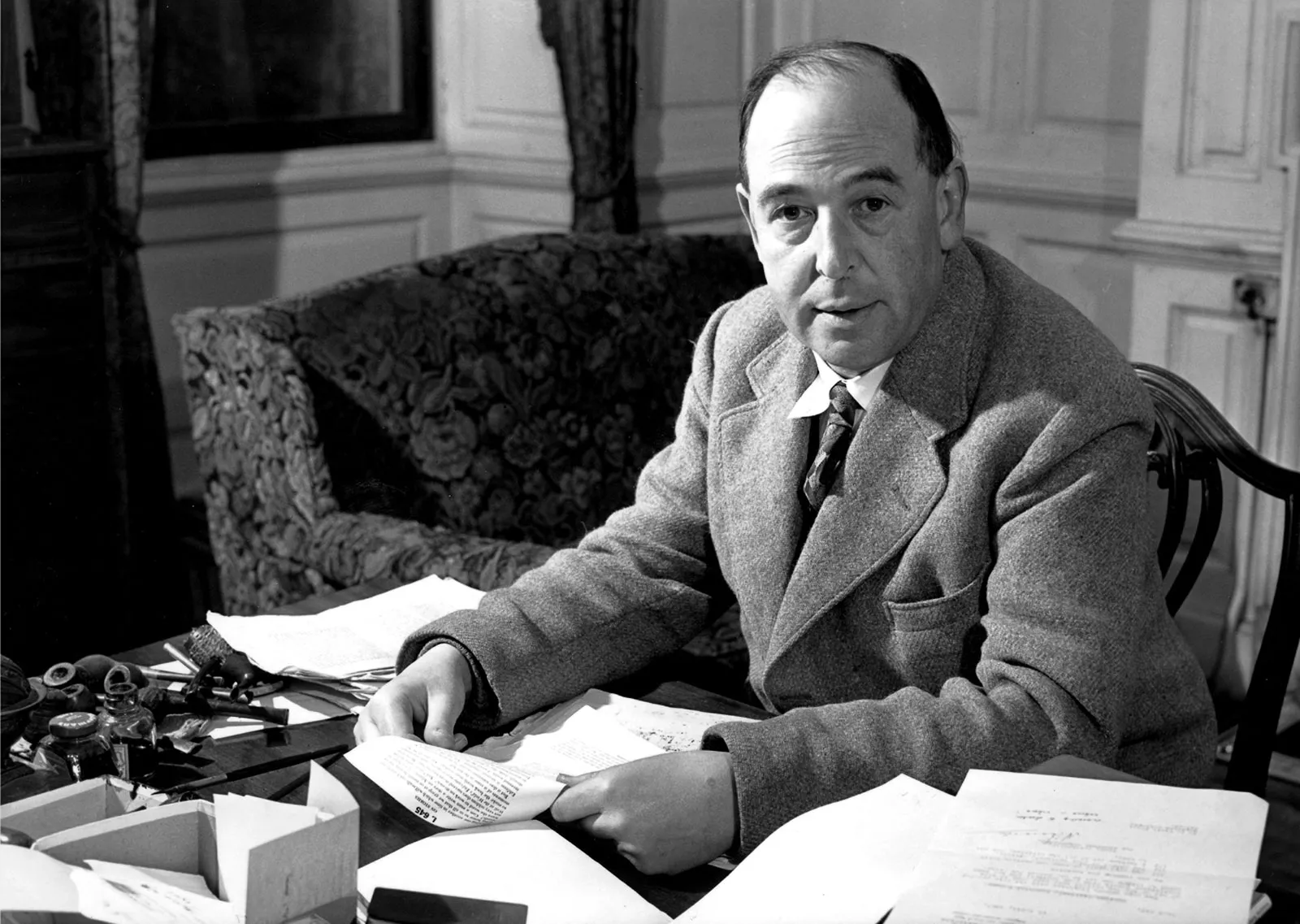
CS Lewis
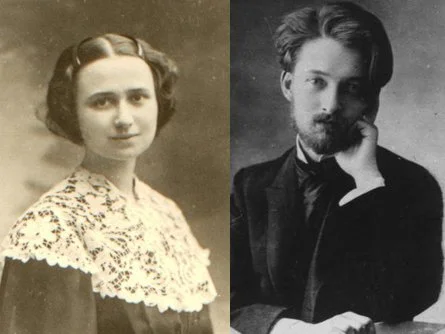
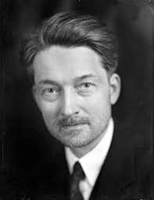
Jacque and Raissa Maritian
Philosophy
Love of Wisdom
Content of Philosophy
Deep Questions (ie What is God)
Method
Rational investigation and Sense Experience
Scientia
Knowledge through Cause
Coherent
Logically Compatible or Makes senses
To corroborate (Corroboration)
2 or more things that confirms or sures up another thing (it may not make it certain, but it is evidence or reliable)
Superficial
Above face, on the surface, not very serious
Profound
deep, in relation for ideas or insights
ie
id est, is that, in other words, is an specification.
eg
for example
ibid
in footnotes, same as above
Newman’s belief when it comes to knowledge
It is an end in it’s self, which allows us to gain knowledge for it’s self, it is an intrinsic good
Definition of a University
Turned to one → all the disciples are on the same level or plane so united as a whole.
University Newman and Religion
To help to mold people and allow for the diffusion of knowledge to the younger generation
Where discoveries should be made
In Academies where it is silence and has knowledgeable other people to discuss.
University and Religion
They should be separate
What does Newman want us to do with our Intellect?
Cultivate it and make ourselves centered. It takes years to cultivate something.
What does having knowledge allows ourselves to be free from?
Ignorance and sin which means that we desire knowledge but it is usually absent. This is through a LIBERAL EDUCATION.
Discriminating
Recognizing the difference between two things.
Why do we need Catholic Universities?
So people can get a good enough education and not have to turn protestant as they were very secular and you do need philosophy to have a good well rounded person.
Instrumental Good
Can be used to get to another good
Intrinsic good
Can be good for itself (Knowledge)
Extrinsic good
out words attributes, it is related to another good, just in virtue of what it is (eg, I have hair)
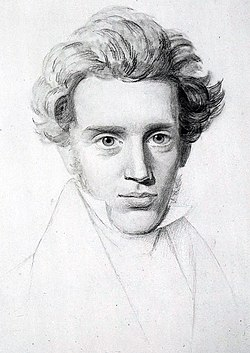
Soren Kierkegaard
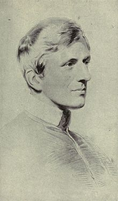
Sir John Henry Newman
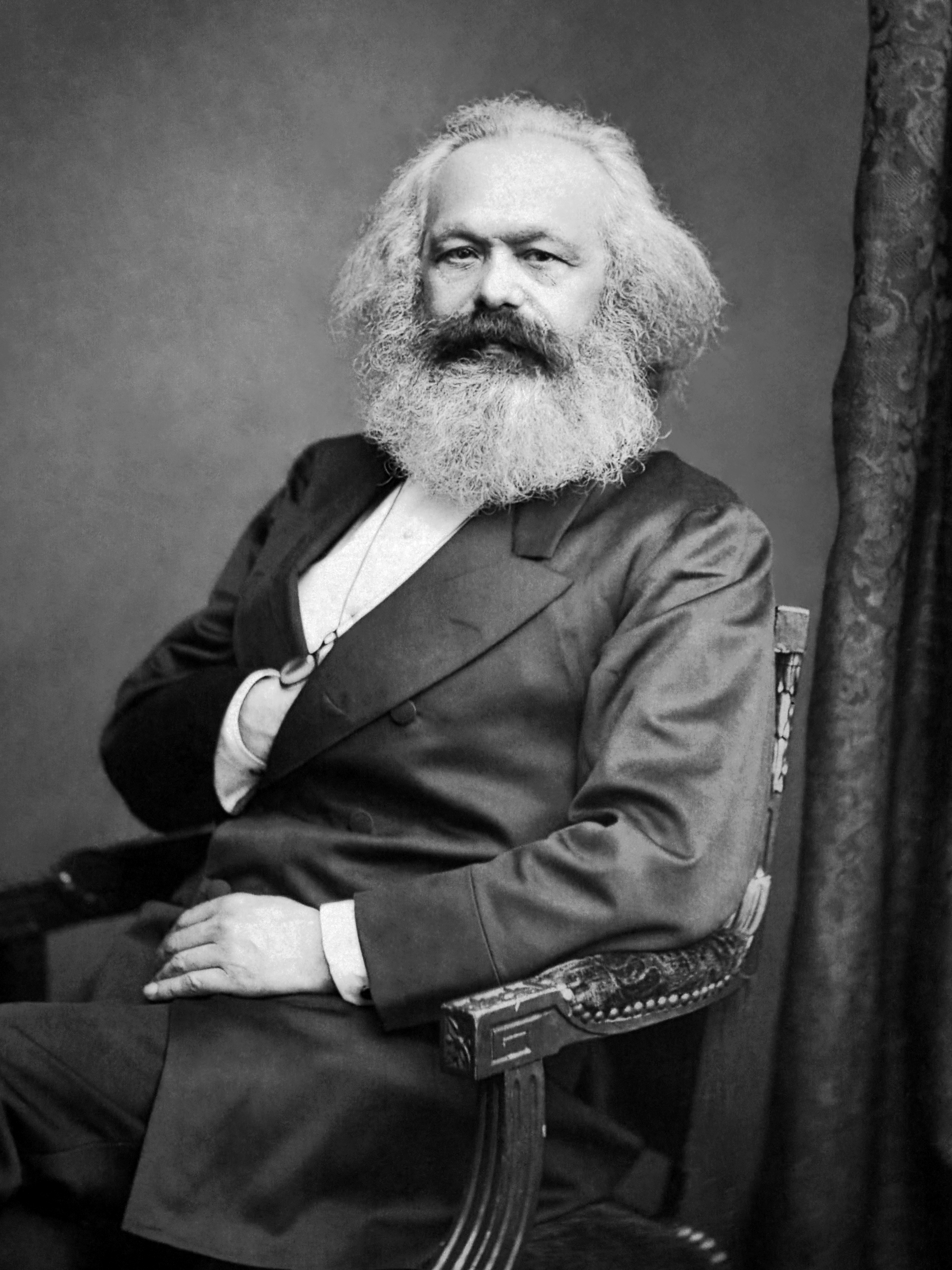
Karl Marx

Sophie Scholl
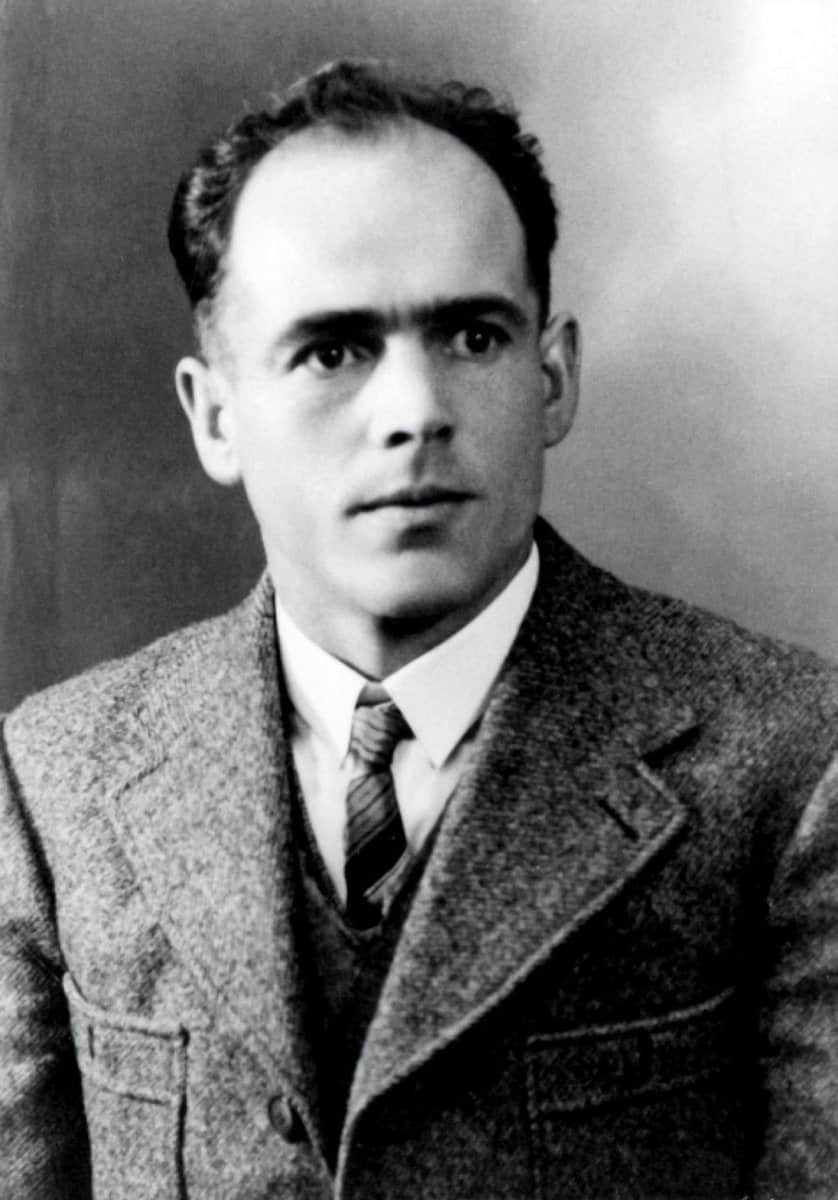
Franz jägerstätter

St. Augustine
Why is Kierkegaard different from Newman?
He believes that knowledge should be used for a better good. So you need knowledge to know where you are going to go in life. HE DOES NOT REJECT NEWMANS BELIEF THOUGH!
What does it mean for the idea for which I can live and die.
You need the knowledge of what you can die so to live properly.
For Kierkegaard is Knowledge Intrinsic or Instrumental good?
Instrumental good.
Kierkegaard and Knowledge
You have to have a goal before you are to set off on the journey, thus knowledge before actions.
What does the I mean to Kierkegaard?
That you should have knowledge of themselves which means you need a separation of the mental life (which is spiritual and mental) from society.
Why do you need a separate mental life?
You have to make decision for your self, it is fine to be in the majority but you have to come to that decision by yourself. This allows you to be closer to God.
How did Kierkegaard figure the I out?
He separated himself from his friends and others to stop being influenced by them.
What did Jägerstätter mean in his letter about a ball?
That unless you have a strong inner life which has been formed by good intellectual and religious developments then they could never thing or move for themselves and the others in society will forever just make them move around.
Does Kierkegaard care about knowledge?
Yes, but only if you could centralize it and uses it to create a sharp mind and figure out actions. He does not just want a mass of knowlegde.
Ubiquitous
All surrounding, everywhere to be found, almost omnipresent but not that much everywhere.
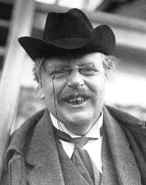
GK Chesterton

Blaise Pascal
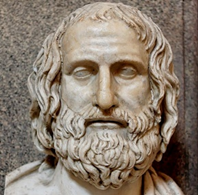
Protagoras
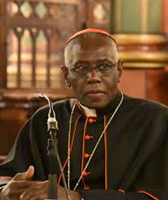
Robert Cardinal Sarah
What is a Diversion according to Pascal?
This is a distraction, work or play. We do this so we can avoid facing our own mortality, and the thought of this.
What are the 2 main things that Pascal thinks we are?
Physically weak and miserable, we don’t really matter as we are so small.
Extremely great, qualitatively because of our ability to think which allows us to understand our demise. This allows us to be better then any of our other things or animals.
What creates the greatness of man?
Thought, which means that it is an end, which is what Newman believes.
Why must we study man and life?
So we can understand the principle of morality and how we must understand life to fully grasp it.
How is man like a reed?
We are very physically weak and can easily be snapped. We though can be a thinking reed and impact other people by our thought.
What is Pascal’s point?
That we must look inside ourselves and realize that we are physically weak which will shock us. This then allows us to find something to help us, so we can turn to God.
Qualitative
Feeling or sense measurement.
Quantitative
Math, easily measurable.
Why does Pascal want us to think?
It allows use to actualize our human potential and turn to God.